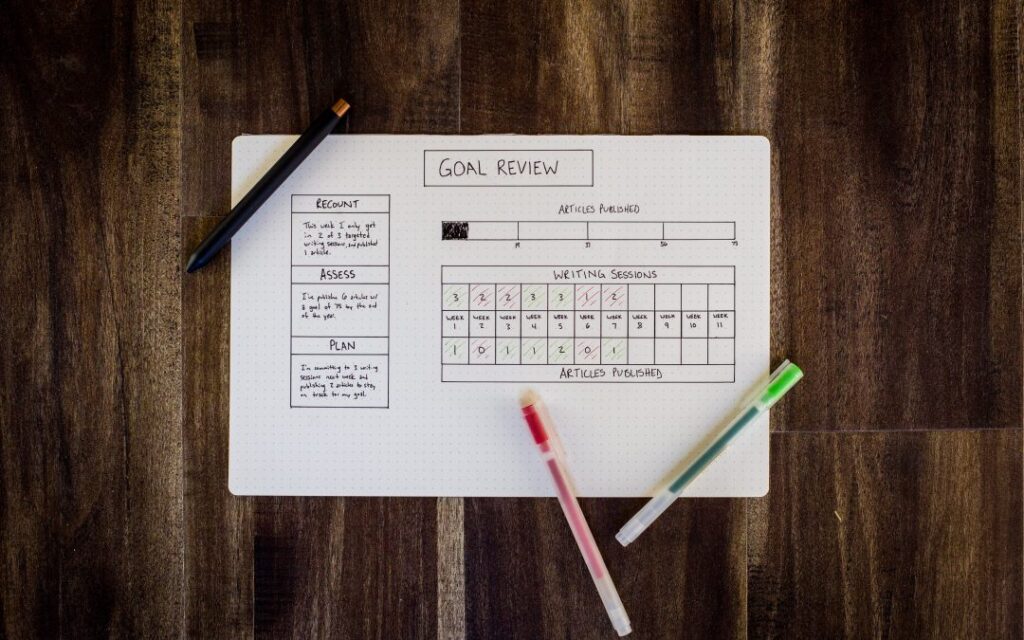In Missional Renaissance, Reggie McNeal observes, “Genuine spirituality lives and flourishes only in cultures and relationships of accountability.” A reality check on this statement comes from the Barna organization which has found that only one out of ten believers actually has an accountability structure. This provides a significant challenge for coaches, especially as we work with believers.
Although many Christians think of their personal relationship with God as their primary accountability structure, we are called throughout the New Testament to be active and engaged members of the church, the Body of Christ. As part of a worshiping and serving community of faith, we are part of a group of sisters and brothers who challenge and encourage us. Hebrews 10:24 states, “And let us consider how we may spur one another on toward love and good deeds” (NIV). This provides an accountability structure that clients and their coaches often fail to recognize and utilize.
A common misconception of the coaching relationship is that it is the coach’s responsibility to hold the client accountable for achieving his or her goals. In reality, the coach’s role is to help the client to be accountable by creating or discovering his or her own accountability structures. The ultimate goal in coaching is for the client to find sustainable methods of self-management facilitating growth and achievement which will continue after the coaching relationship ends.
In the coaching relationship, the coach manages the process and keeps in mind the things that the client says are important to him or her, while the client defines the path forward and then pursues it. The client always knows more about their own situation than the coach does, and this includes the most effective methods of accountability for that person.
What are some accountability structures that a client might embrace? Some are already established–family, friends, co-workers, and fellow Christians. Others can be developed by creating internal reminders and or engaging external resources.
For example, if the client is already part of a Bible study group and is seeking a deeper prayer life, he or she might share this with the group and allow them to ask about the person’s practices whenever the group meets. On an individual basis, the client might seek out another person who would commit to meet with him or her on a regular basis as prayer partners. The client might also add a reminder on his or her phone to pray at several specific times during the day. The first example takes advantage of an already established group. The second and third are structures that the client creates.
Of course, the client can always ask the coach to provide accountability through a check-in e-mail or a follow-up inquiry at a subsequent coaching session but discovering and implementing a personalized approach helps the client to be more creative and responsible.
As coaches encourage such awareness and creativity, they help the client to both take advantage of their own resources and to become more aware of the support structures around them including Christian friends and community.
Join me for a CCNI Webinar on Tuesday, November 12, at 1:00 PM Eastern time to discuss on “Managing Progress and Accountability.” We will unpack this idea further and identify effective ways to pursue this International Coach Federation competency.
Ircel Harrison, ACC
About the Author:
Ircel Harrison, Coaching Coordinator, Pinnacle Leadership Associates, Supplemental Associate Professor of Missional Theology, Central Baptist Theological Seminar
Ircel Harrison, is an itinerant educator. He spends his time encouraging and equipping leaders through his work with the Central Baptist Theological Seminary and Pinnacle Leadership Associates. He is an ACC certified coach with the International Coach Federation and co-author of DISCIPLE DEVELOPMENT COACHING.
The views expressed above are the author’s own and do not necessarily represent the views of CCNI.




